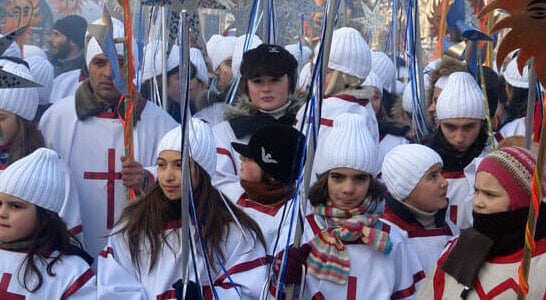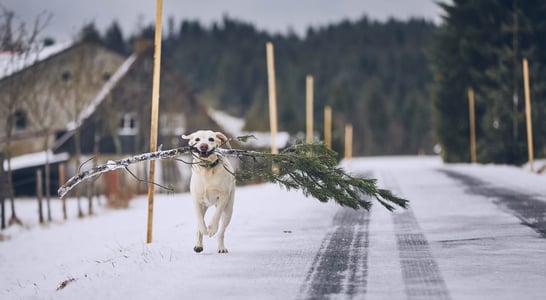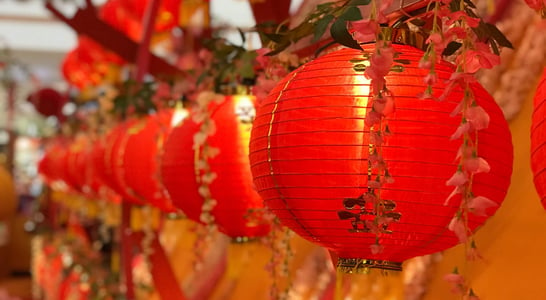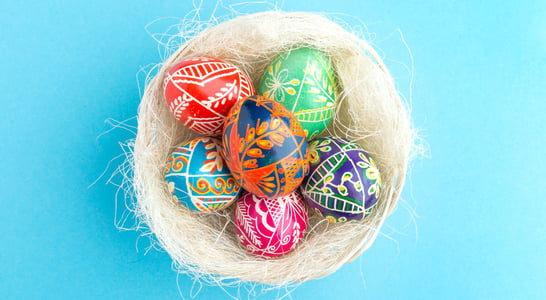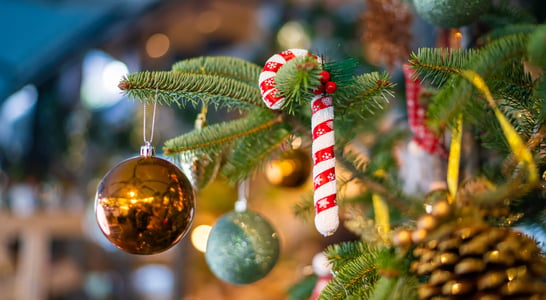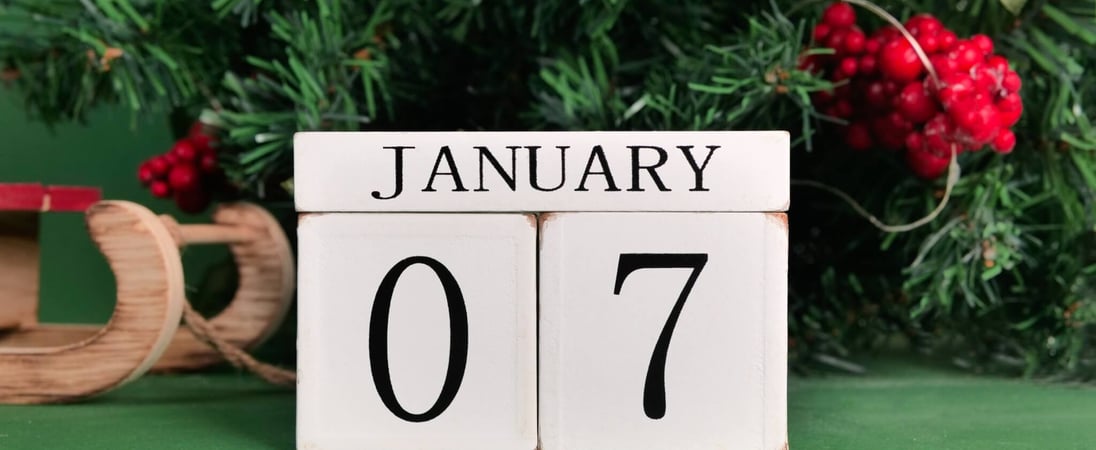
Orthodox Christmas Day
Orthodox Christians commemorate the birth of Jesus Christ with customs varying across different cultures and countries.
Orthodox Christmas Day is a religious holiday celebrated by Orthodox Christians around the world. It is a celebration of the birth of Jesus Christ, who is considered the Son of God and the savior of the world in Christianity. It’s typically celebrated on January 7th—according to the Julian calendar which is used by many Orthodox churches—and is also referred to as “Old Calendar Christmas” or simply “Old Christmas.”
Orthodox Christmas Day is an important holiday for Orthodox Christians, as it marks the beginning of the Christmas season, which culminates in the celebration of Epiphany on January 19th. Epiphany is a holiday that commemorates the manifestation of Jesus as the Son of God to the world through his baptism in the Jordan River and the visit of the magi.
History of Orthodox Christmas Day
Developed in the eastern Mediterranean region and then spread throughout Europe, Asia, and Africa, the Orthodox Church is one of the oldest Christian denominations in the world, with roots going back to early Christianity.
With a rich and complex history closely tied to the political, cultural, and social developments of the regions where it has flourished, The Orthodox Church emerged out of the same roots as the Roman Catholic Church and, for much of its history, was a major player in the political and cultural life of the Byzantine Empire. In the early centuries of the church, there were many debates held to determine its teachings and practices, and these councils continue to shape the beliefs of the Orthodox Church to this day.
In the centuries following the fall of the Byzantine Empire, the Orthodox Church faced many challenges and underwent significant changes. It has faced persecution, invasion, and cultural assimilation, but has also experienced periods of cultural and spiritual flourishing. Today, the Orthodox Church is significant in the spiritual and cultural life of many countries around the world, including Greece, Russia, and the Middle East.
How to Celebrate Orthodox Christmas Day
There are many ways that Orthodox Christians celebrate this holiday, but some common traditions include:
Attending Church Services
Orthodox Christians typically attend special church services on Orthodox Christmas Day. These services may include hymns, prayers, and sermons that focus on the importance of Jesus’ birth.
Exchanging Gifts
Many Orthodox Christians exchange gifts with their family and friends on Orthodox Christmas Day. These gifts may be symbolic or practical, and are often given as a way to honor the birth of Jesus and to celebrate the holiday with loved ones.
Participating in Traditional Celebrations
Many Orthodox Christians participate in traditional celebrations with their families and communities on Orthodox Christmas Day. These celebrations may include singing, dancing, and enjoying special foods that are traditionally eaten on this day, such as kutia (a type of grain pudding) and pryaniki (a type of honey cookie).
Reflecting on the Meaning of Jesus’ Birth
For many Orthodox Christians, Orthodox Christmas Day is also a time to reflect on the significance of Jesus’ birth and the impact it has had on their lives. This may involve reading the story of Jesus’ birth in the Bible, praying, or engaging in other spiritual practices.
Also on ...
View all holidaysNational Tempura Day
Batter and deep-fry a wide range of foods, from prawns to vegetables, and pair with Japanese staples like donburi or soba for some delicious dining.
National Bobblehead Day
Those fun, oversized head-bobbing collectibles that make any shelf or desk instantly more entertaining with their quirky, caricatured charm.
Harlem Globetrotter’s Day
Those basketball entertainers with jaw-dropping skills, comedic antics, and dazzling tricks — they turn the court into a stage of sheer amusement.
We think you may also like...
National Take Down the Christmas Tree Day
Time to finally bid farewell to the Christmas tree — undecorating can be bittersweet, but memories of the holiday season will last all year.
Chinese New Year
A joyous annual celebration of new beginnings, family gatherings, and traditional foods, steeped in symbolism and rich history.
Easter Monday
Easter Monday is the perfect time to relax and spend quality time with family and friends. Enjoy a leisurely brunch, hunt for hidden Easter eggs, or take a leisurely stroll in the sunshine.
Christmas Day
Jingle all the way! Deck the halls with boughs of holly, indulge in delicious treats, and make unforgettable memories with loved ones.



